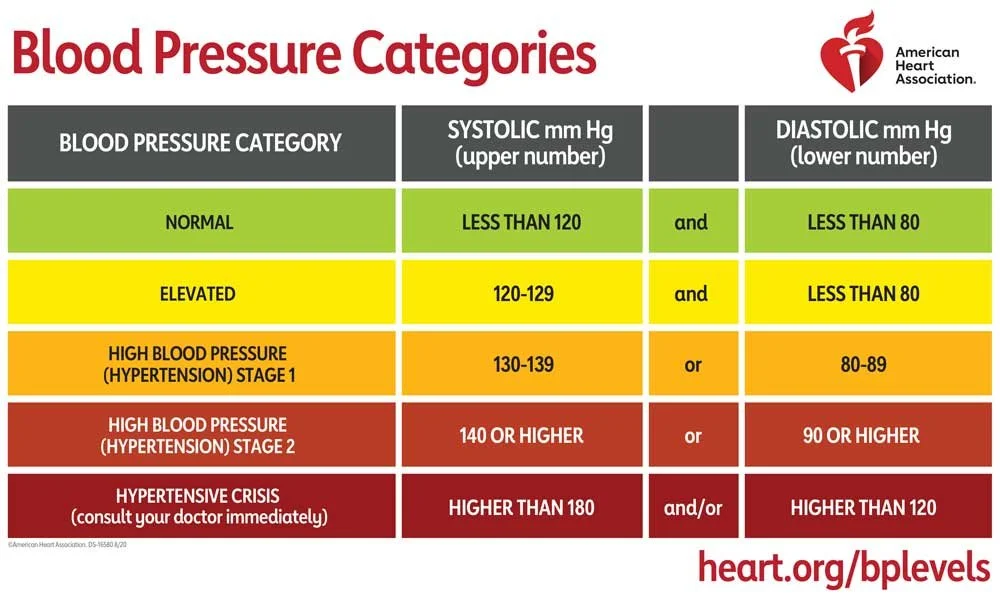Understanding Blood Pressure Readings
Blood pressure numbers of less than 120/80 mm Hg are considered within the normal range. If your results fall into this category, stick with heart-healthy habits like following a balanced diet and getting regular exercise.
If your blood pressure is higher than 180/120 mm Hg and you are experiencing signs of possible organ damage such as chest pain, shortness of breath, back pain, numbness/weakness, change in vision or difficulty speaking, do not wait to see if your pressure comes down on its own. Call 911.
Oxygen Therapy
Eye Conditions
Tips for Healthy Aging
Protecting Your Senior's Dental Health
How Home Care Helps After a Stroke
Research shows that 9% of individuals who have suffered from a stroke will be readmitted to the hospital within 30 days (www.ncbi.nlm.nih.gov). While this number is low, there are still things that can be done to prevent a readmission. Home care can help provide services so another trip to the hospital isn’t likely.
Our agency uses evidence-based practices that are proven to reduce the risk of readmission and promote the health of those who have recently had a heart attack.








